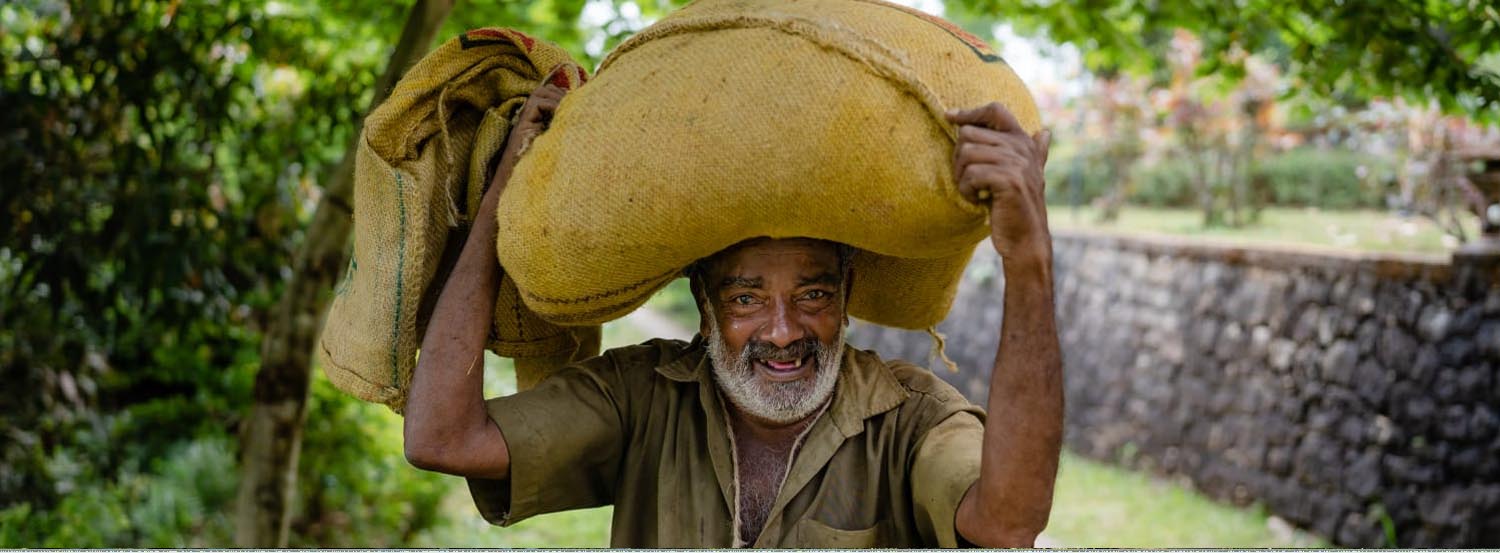After the Rains, a nature lovers heaven, is a forest resort in Wayanad overlooking the Nilgiri biosphere. The predominant crops in our plantation are coffee (robusta) and pepper. We also have cocoa, nutmeg, cardamom, cloves as well as various kinds of fruit trees including mango, jackfruit tree, sapotta, lemon tree, kokum tree, mangostein and chamba trees. The estate is vegetated with lots of trees and shrubs apart from flowering plants and vines .We follow organic practices in farming and use the organic fertilizers made from our own cow stables and goat farms. We produce panchagavyam and jeevamrutham, two excellent sources of plant nutrition which are applied thrice every year. There are also a few colonies of bee hives ,meant for honey production. We have our vegetable garden from where the chef can pluck fresh spices and leaves for the days kitchen.
Agriculture

THE PLANTATION
-
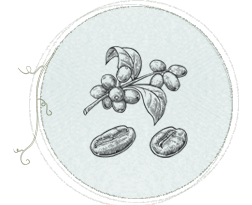
Coffee
As an area which receives high rainfall and adequate sunlight depending upon the season, the land is fertile and ideal for coffee production. At After the rains, an average of 2500 kg of coffee is produced each year from around 6000 coffee plants. The wastage occurred in the process of roasting the coffee bean is used as manure for plants.
-
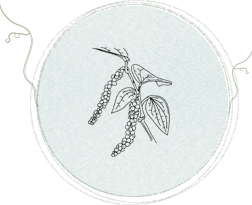
Pepper
Also known as the ‘King of spices’, an average of 300 kgs of pepper is produced annually. The produce is used within the resort and the rest is sold in the local market. Apart from being a spice, pepper has antibacterial and antioxidant properties. It is an amazing medicine and helps in treating cough, cold, intestinal problems and even cancer. The wastage in the process of crushing pepper is used as a natural fertilizer for plants as it helps in maintaining the humidity.
-
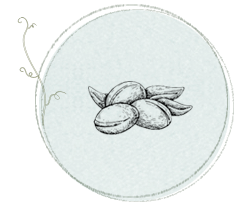
Areca nut
950 areca nut trees can be found in the plantation of After the Rains resort. We produce an average of 4000 kgs of areca nut each year. Areca nut obtained is sold in the market. Areca nut has a number of uses including its usage in – dyeing of fabrics, food colour and medicinal production.
-
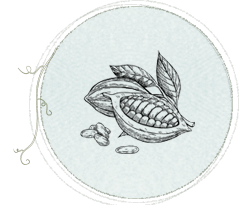
Cocoa
Extensively used in making chocolates, drinks and medicines the cocoa produce of the plantation comes to an average of 100 kgs annually. Powdered cocoa is used within the resort. Cocoa plants need hot and humid tropical conditions to give the best harvest. Cocoa is also popular for its uses in the skin.
-
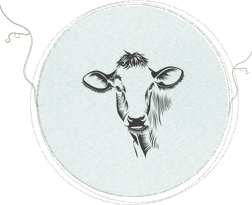
Diary
The plantation also grows cattle through which the diary requirements of the resort are met. The milk obtained is used at the resort and the remaining is sold to the nearby co-operative society. Cow dung and goat dung is used as manure for our crops and plants. Our cattle make the plantation lively and is treated as a part of the After the rains family.
-
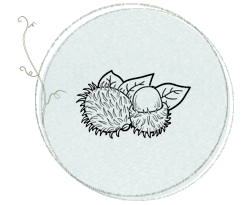
Fruit Trees
At the plantation you can find trees of jack fruit, mangoes, avocado, rambutan, mangos teen and creepers of passion fruit. We always try to offer the plantation fruits to our guests during the meal time’s depending upon the season. Fruits are offered in the guest rooms as well by the season of the produce.
DID YOU KNOW?
"Kattunaykar" the hunter clan of Wayanad speaks "paniyah", one of the oldest languages of
the Dravidian family which is inspired from Telugu, Tamil, Kannada and Sanskrit.
The Asian palm civet which is found in the area, eat and poop coffee berries
which are globally used for making "Kopi Luwak" the most expensive coffee.
Countless evidences about New Stone Age civilization
can be seen on the hills of Wayanad.
The prices of pepper from Wayanad were extremely high in the Middle Ages and
the trade was completely dominated by the Romans. Black pepper, termed black gold, was used as currency.
"During monsoon, it is the practice of tribal communities of Wayanad to collect wild edible leaves, wild mushrooms, bamboo shoots
and wild crabs and prepare nutritious food."



